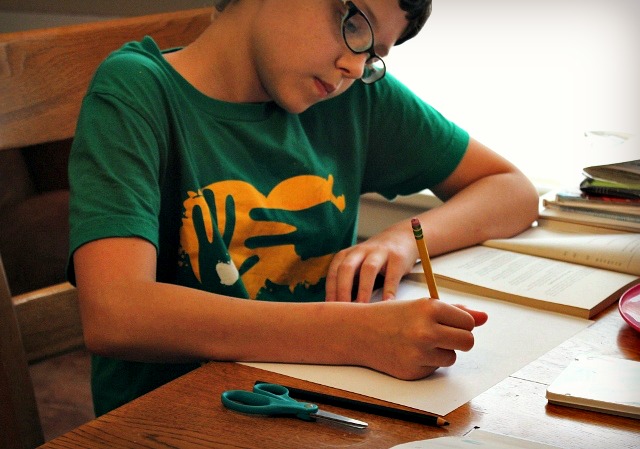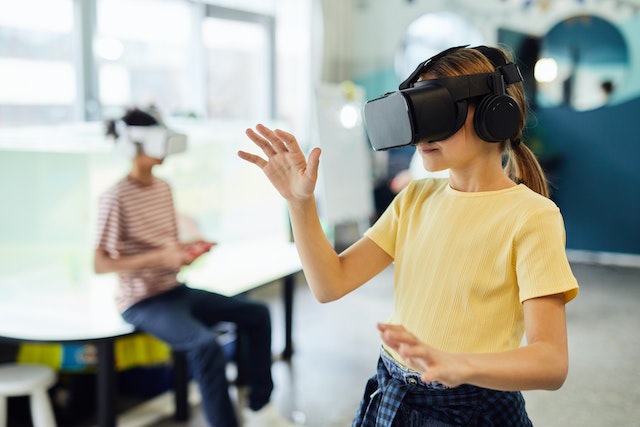Because every person has their own experiences, thoughts, and personalities, it would be impossible to describe the learning process for each person.
One of the things that I admire about teachers who are passionate about their profession is that they work hard to relate the subject they are asked to teach to the students they are teaching. They use various methods – making the information fun and novel, engaging the students’ senses and minds, or sometimes relating the subject to something appealing.
These educators realize that in order to internalize the information and tasks, a certain depth of interaction must occur between the learner and the learned.
Learning is a process, not a task or some chore to complete.
In order to learn, one must become intimately involved with some aspect of the world, an idea, or procedure. A relationship has to be made that connects the subject with the mind.
We all know from personal experience that something learned for the sake of passing a test or simply repeating facts is quickly forgotten. It may have been remembered for a certain amount of time, but it was never deeply learned.
Memorization and recall is only one part of the process of learning. It may be the most emphasized – especially in an educational setting focused on those types of evaluations. Different theories have been presented as to the specific steps to learning. Some of the steps usually proposed include:
- perception (coming across something new)
- saturation (being exposed to the idea)
- recall
- processing (integrating it into your knowledge database)
- comprehension (understanding)
- application (using the information in a meaningful way)
- analysis
- synthesis (finding relationships to other subjects)
Involvement
Think about a subject you love or are familiar with. One of my passions is education theory. My knowledge about the history and theories of education did not come from simply reading a text and memorizing choice facts. I spent years reading, thinking, discussing, and interacting with the ideas and information.
In a way, you could say that I built a relationship with the subject.
Learning anything useful requires a great deal of involvement. It adds new information, yes. It also discards old thoughts and ideas, evaluates beliefs, and changes the way you interact with the world.
Connection
Saying you have learned something should also, I believe, require the ability to connect that information to other things. Knowledge and skill are not worth much if they are devoid of any relation to other disciplines.
These two qualities – involvement and connection – are often missing from traditional methods of education. Subjects are taught in an education vacuum without any attempts to join forces. Texts are focused on delivering facts and formulas rather than creating interest and intimacy with the topics.
Education that only desires a specific outcome or set of facts to be learned does not take into account the individuality and peculiarity of learning. When we see just how different the process of learning is in each person, we begin to understand and appreciate how intimate and personal education really is.
- The Importance of Developing a Sober Mind in Our Students - February 22, 2019
- Teaching Children At Natural Development Points - February 21, 2019
- Dealing With The Fears Of Unlimited Game and Media Time - January 20, 2019


